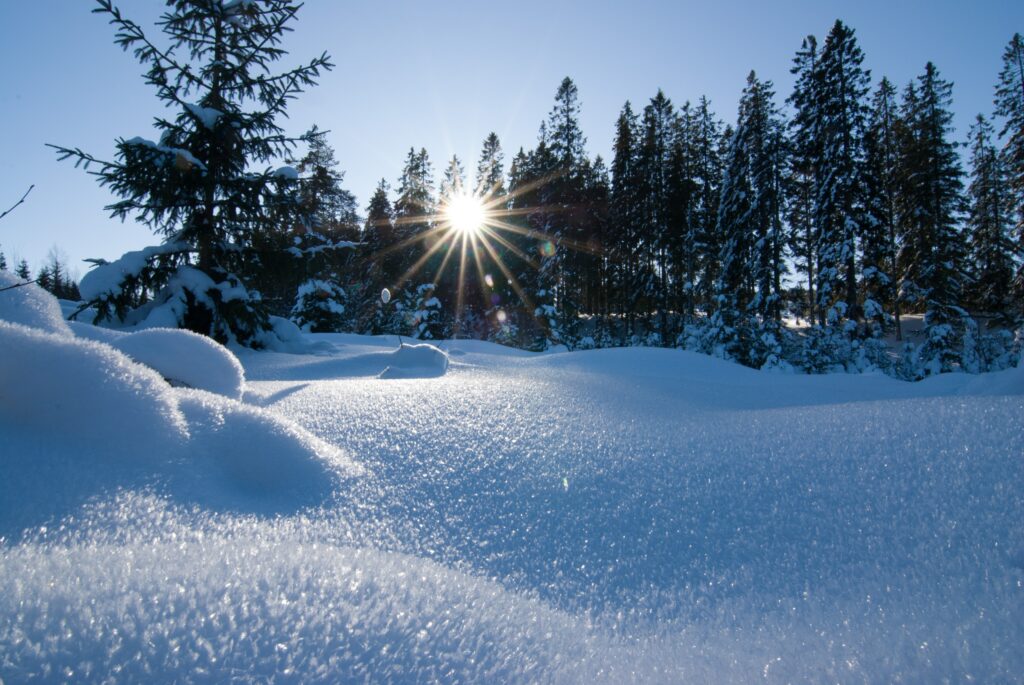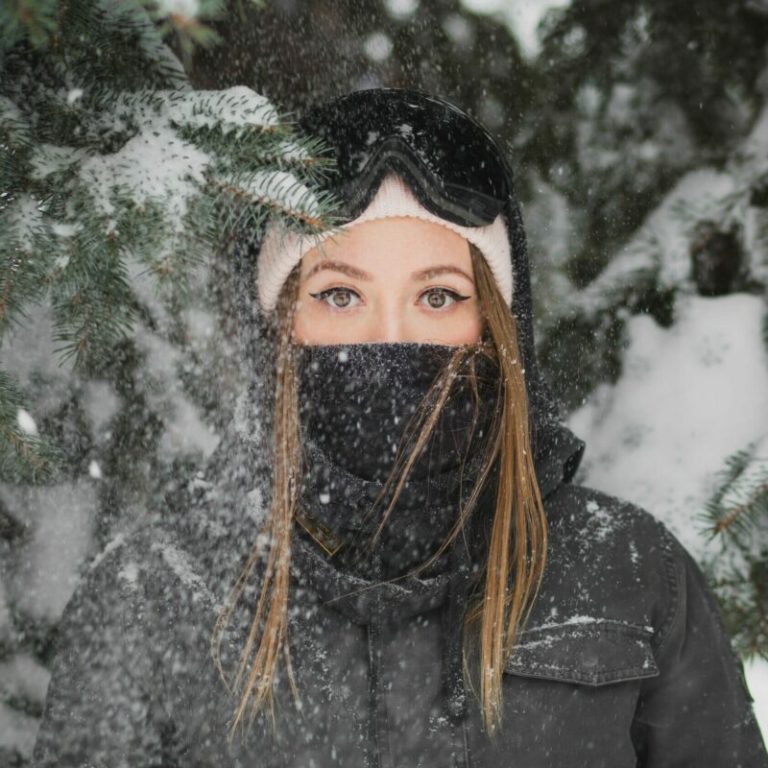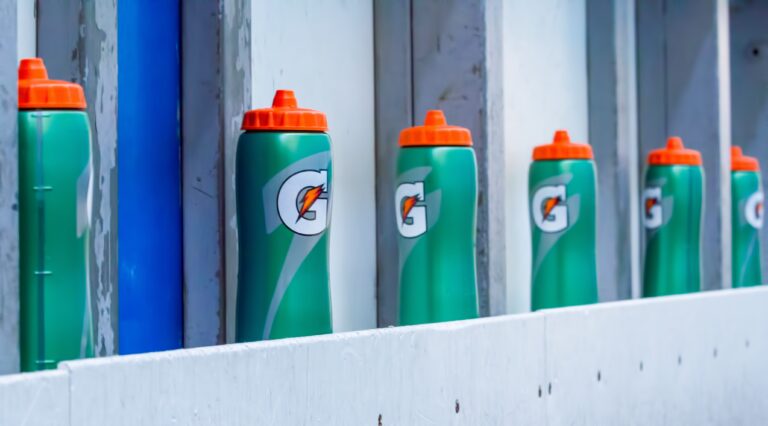Winter is here, and with it come all the challenges (and joys!) of running outdoors. Windchill and cooler temps can make training feel harder, and trudging through ice and snow add to that effect. In order to make the most of the season, here are our top nutrition and hydration tips for winter training.
Tip #1: Staying comfortable
It’s important to keep your hands, feet, head and ears protected from the cold due to blood flow concentrating in the core of your body. This leaves your hands, head, feet and ears more exposed to the cold and easily prone to getting cold.
Wearing wool or fleece lined fabrics are ideal in keeping these parts of your body warm because they keep you dry. Wearing cotton can absorb sweat and can actually make you colder, so it is best to avoid cotton.
To keep your body warm, it’s important to layer up and to trap the warm air next to your body. Having a wind proof/rain resistant shell to wear over top of your workout tops can help retain heat and ensure that you’re staying warm while outside.
A general rule of thumb is to start the run feeling slightly uncomfortably cold. Once you warm up, you’ll be comfortable without over-heating.
In addition to keeping your body warm through layering up, it is also important to warm up before you work-out in the cold weather. If your muscles aren’t warm before exercise, they are more prone to strains and injuries. That said, warm muscles tend to perform better than cold muscles and there is evidence that an increase of 1 degree Celsius in muscle temperature boosts performance by 2-5%.
Tip #2: Hydration tips for winter training
Hydration is always important when exercising, but many people may think that you only really need to stay hydrated when it’s warm out because of the increased heat and humidity. However, it is important to stay hydrated in the cold as well.
In fact, you can easily become dehydrated in the cold from sweating for a couple of reasons. Sweat evaporates faster, and more water vapor is released from breathing in the dry, cold air from the winter temperatures. It may be harder to notice, which makes it even more important.
If you’re not staying hydrated in the cold air, your airway can become inflamed due to the dryness from the colder temperatures. Since cold air is dry, endurance training in colder temperatures can result in a loss of water and heat from the lower respiratory tract. (You can learn more about it here)
In addition to this, the colder temperatures increase the need to urinate and if you’re not replenishing your body with the fluid that is being lost, you could face dehydration. 1-2% loss of body weight from water can affect your performance negatively and can make you feel tired faster. (You can learn more about hydration here) It is important to hydrate yourself with 2-4 cups of fluids per hour and to replenish electrolytes.
Tip: Try adding warm water or sports drink to your handheld water bottle to act as a hand warmer and prevent your water from freezing up!

Tip #3: Nutrition and staying fueled for winter training
A good way to fuel your body in addition to water is through food! Of course we want to ensure that our body is getting enough carbohydrates in our daily diet to fuel our training, but it is also important to make sure that your snacks before and after exercise include adequate sources of carbohydrates. Figuring out how much to have before, after and during training can vary and you can learn more here!
Not only is fueling your body with a variety of carbohydrates, protein and fat important for your training, but to ensure that your body stays warm, it can be beneficial to consume warmer foods to maintain temperature in your body’s core.

Bonus tip: Vitamin D
Also known as the sunshine vitamin, us in the northern hemisphere can have a tough time getting enough of this nutrient during the winter months.
What is Vitamin D and why do we need it?
Vitamin D is a fat-soluble vitamin that is necessary for bone health (for calcium absorption) and can reduce risk for stress fracture, body inflammation, infectious illness and impaired muscle function. So, just a tad important for athletes!
What foods have Vitamin D?
Foods such as fatty fish (ex. Salmon, sardines, herring, mackerel), cow’s milk, eggs and some fortified cereals provide us with sources of vitamin D.
The majority of vitamin D, however, comes from sunlight, which is why levels of vitamin D insufficiency and deficiency increase in the winter months. Since our bodies aren’t getting as much Vitamin D from the sunlight as we would in the warmer months, it is beneficial for most athletes to take a vitamin D supplement of 1000 IU vitamin D3 during the winter months. Getting a blood test to determine your vitamin D levels and whether you need a higher level of supplementation can also be helpful.
You can learn more about vitamin D for athletes here, here and here.
The key takeaway tips for winter training:
- Dress warm (but not too warm) and remember to warm up the muscles prior to your run
- Hydration is still important in the cold. Aim for 2-4 cups of fluids per hour OR take your weight pre and post run to determine what your hydration needs are (replace every 1 lb lost with 2 cups fluids)
- Fuel up with enough carbohydrates, protein & fat to fuel your run
- Take a vitamin D supplement and include vitamin D rich foods in your diet on a daily basis
Most of all, if you choose the right clothing, hydrate & fuel properly, you’ll be able to fully enjoy the refreshing thrill of winter running!
Written by Megan Leong, Dietetic Intern
Reviewed by Cara Kasdorf, Registered Dietitian & Sport Nutritionist






